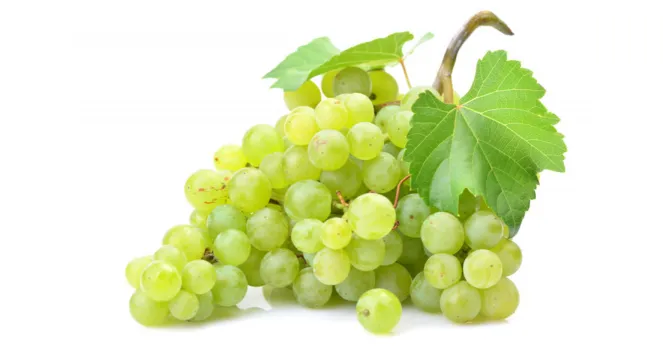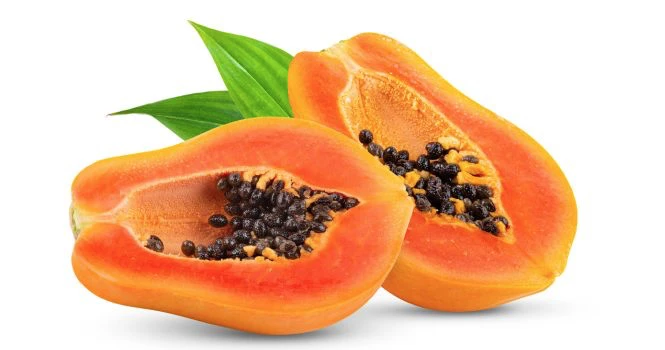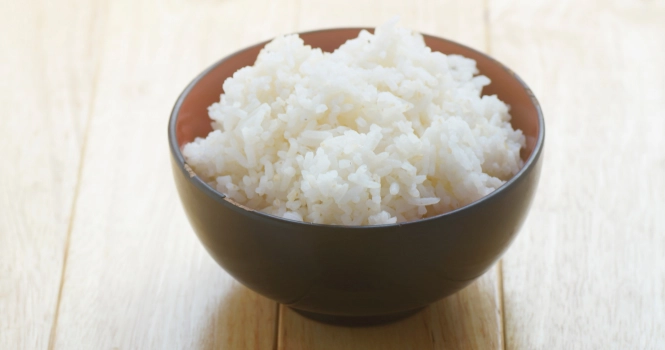Exploring the Presence of Lectins in Grapes

Lectins are a type of protein found in many plants, serving as a defense mechanism against pests and diseases. They can bind to carbohydrates on the surfaces of cells, and this property has led to concerns about their potential impact on human health when consumed in large quantities.
The presence of lectins in certain foods has sparked discussions, particularly in the context of diets aiming to reduce lectin intake for health reasons.
Lectins in Grapes
Grapes, like many other fruits and vegetables, do contain lectins, but in much lower amounts compared to high-lectin foods like legumes, grains, and some nightshade vegetables. The lectins found in grapes are not considered to be as problematic as those in higher-lectin foods, which can resist digestion and potentially lead to gut issues in some individuals.
Impact of Lectins on Health
The impact of dietary lectins on health is a subject of ongoing research and debate. In moderate amounts, lectins are generally not a concern for most people and can be part of a healthy, balanced diet.
However, for individuals with certain health conditions, such as inflammatory bowel diseases or autoimmune disorders, reducing lectin intake may be beneficial, although this should be done under the guidance of a healthcare professional.
Lectin Content in Different Foods
It’s important to note that the lectin content in foods can vary widely:
- High-Lectin Foods: Beans, peanuts, lentils, tomatoes, potatoes, and whole grains are among the foods with higher lectin concentrations. Proper cooking methods, such as boiling, can significantly reduce their lectin content.
- Low-Lectin Foods: Most fruits, including grapes, and vegetables contain lower amounts of lectins. They are generally not considered a significant dietary source of problematic lectins.
Considerations for Grape Consumption
1. Moderation: As with any food, consuming grapes in moderation is key to maintaining a balanced diet. Grapes are a good source of vitamins, minerals, and antioxidants, and their lectin content should not deter you from enjoying them.
2. Individual Sensitivities: If you have a known sensitivity to lectins or have been advised by a healthcare professional to follow a low-lectin diet, you may need to monitor your grape intake. However, for most people, the lectins in grapes are unlikely to cause issues.
3. Dietary Balance: Including a variety of fruits and vegetables in your diet is important for getting a wide range of nutrients. Grapes can be part of this variety.












